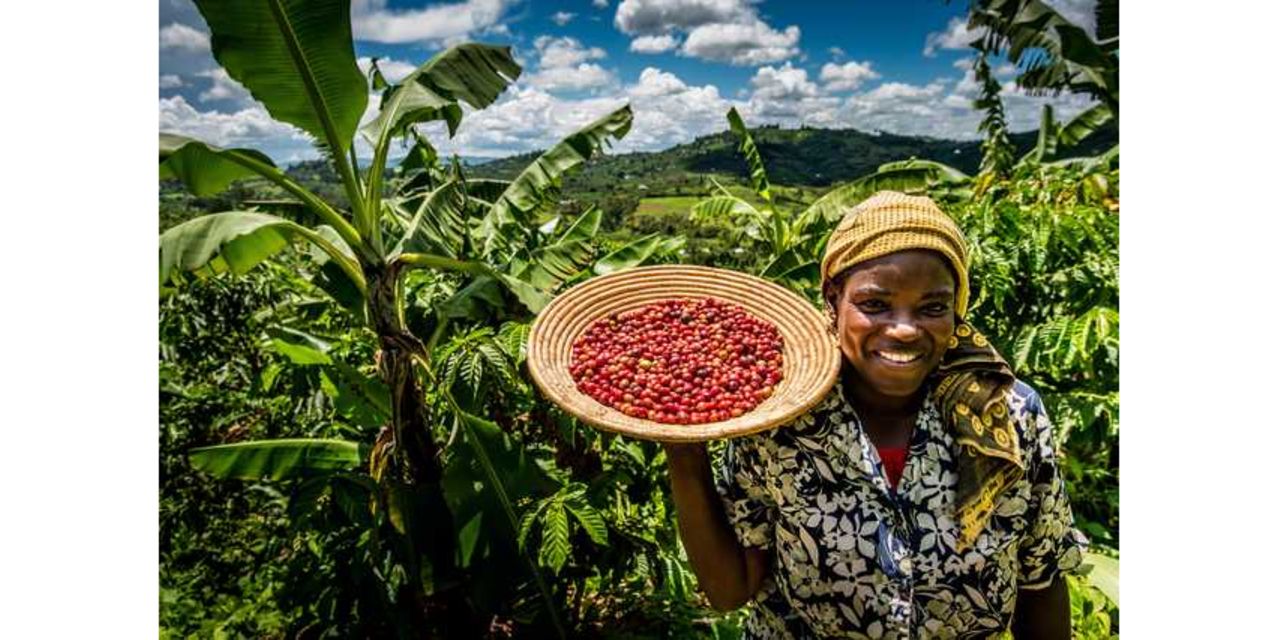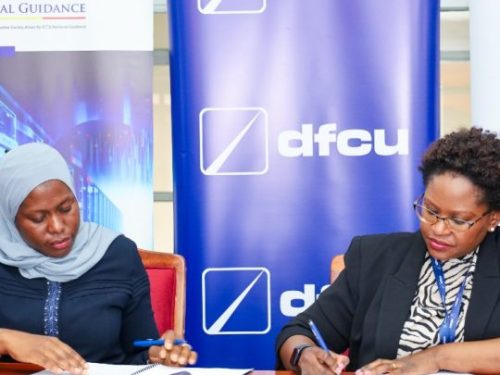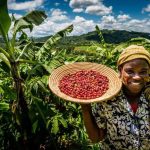
With support from the dfcu Foundation, female farmers will not just pick coffee beans but will plant the seeds of their family’s financial future. PHOTO | GEORGE KATONGOLE.
In a bid to unlock economic potential for smallholder farmers and agribusinesses, the dfcu Bank, under dfcu Foundation, has launched the Financial Expansion for Agribusiness Transformation (FEAT) Programme. This initiative, backed by the Rabo Foundation, is set to boost productivity and profitability for smallholder farmers and agribusinesses, with a special focus on women, youth, and vulnerable communities.
Economic impact
The programme’s ambitious goal is to support 2,280 agribusinesses and directly impact more than 100,000 individuals across key value chains, including coffee, dairy, cereals and oil seeds. FEAT also plans to train 80,000 learners, with 50 percent being women and 40 percent youth, a measure expected to reach more than 400,000 Ugandans based on the average household size. The FEAT programme is a direct response to the glaring gaps in Uganda’s agriculture sector. While farming employs more than 70 percent of the working population, and contributes about a quarter of the national GDP, the sector’s output is often limited by a lack of access to financial services, technology and essential skills.
The programme’s focus on women and youth is particularly critical. Despite being a major part of the agricultural workforce, women in Uganda often have less access to land ownership and credit, resulting in their farms being significantly less productive than those managed by men. Similarly, a high youth unemployment rate makes empowering young people with agribusiness skills a vital step toward creating a more vibrant and sustainable economy.
To drive financial sustainability, FEAT will avail Shs100b in financial linkages. A key component of the programme is the introduction of a revolving fund facility designed to support early-stage enterprises that are not yet ready for commercial credit. Alongside this, participants will receive capacity building in leadership, governance, financial literacy and climate-smart agriculture, delivered through management business advisors, AgriTech experts and digital platforms such as the dfcu Foundation’s SOMA e-learning platform.
Inclusive growth
Mabel Ndawula, the Executive Director of dfcu Foundation, emphasizes the programme’s collaborative mission. “At its heart, FEAT is a collaborative effort to unlock real opportunities for farmers and entrepreneurs—through access to finance, markets and skills,” she says. “The combined strength of Rabo Foundation’s global expertise and dfcu’s deep local commitment ensures smallholder farmers and Small and Medium-sized Enterprises (SMEs) can move from subsistence to prosperity, driving inclusive growth and resilient rural economies.” Dfcu Bank Chief Executive Officer Charles Mudiwa adds that the initiative is a natural extension of the bank’s mission.
“Through FEAT, we are not only expanding access to finance but also investing in the skills, technologies and partnerships that make agribusiness more competitive, resilient and inclusive. This programme reflects our long-term commitment to empowering farmers and positioning agriculture as a driver of sustainable national growth,” he says. Echoing the sentiment, Sonja Timmer, the lead Impact Finance, Africa at Rabo Foundation, notes that the FEAT programme builds on a long-standing partnership. “The FEAT programme reflects our shared belief that entrepreneurship in smallholder value chains is key to sustainable growth. FEAT is more than a programme: it aims to be a catalyst for change, equipping agri-entrepreneurs and farmers with training, tools and financial solutions to scale their businesses,” she says.
Source: The CEO – https://www.monitor.co.ug/uganda/magazines/farming/2-280-agribusinesses-to-benefit-from-shs100b-programme-5182308






